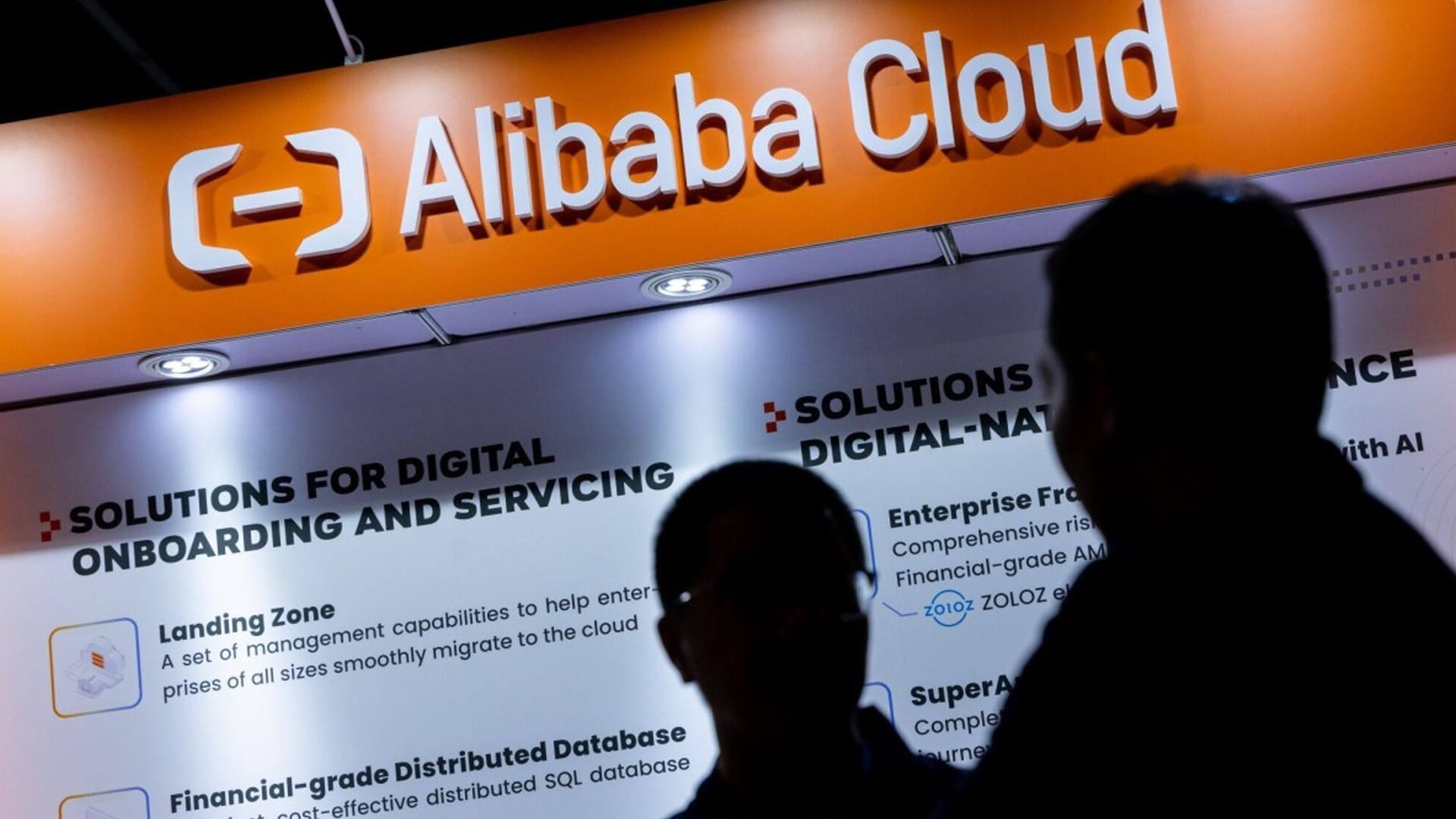US chip ban challenges Chinese tech giants
Chinese companies are preparing for adjustment and innovation to navigate these new constraints in response to the shortage and rising prices of the earlier chips, the H800 and A800.

Chinese technology leaders like Alibaba Group Holding and Tencent Holdings face challenges due to the recent US restrictions on AI chip exports. Their CEOs have disclosed the potential effects on their cloud computing operations in third-quarter earnings. Specifically, these controls hinder the sale of advanced semiconductors and chip-making equipment to China, impacting the core technology needs of these firms.
Alibaba, an e-commerce giant, announced the cancellation of a full spin-off of its cloud computing unit. This decision reflects the uncertainties brought about by the US’s stringent rules on certain AI chips. Tencent, known for its stronghold in social media and video gaming, also expressed concerns over the constraints these restrictions impose on their cloud services, specifically in leasing AI chips to customers.
Strategies to overcome the restrictions
Both Alibaba and Tencent are proactively seeking ways to mitigate the impact of these controls on their business growth. Alibaba’s CEO, Eddie Wu Yongming, mentioned that they would diversify their chip sources and shift towards using a variety of graphics processing units (GPUs) instead of relying solely on central processing units.
Tencent’s president, Martin Lau Chi-ping, revealed that Tencent has amassed one of China’s largest AI chip inventories, including Nvidia’s H800 GPUs, tailored explicitly for the Chinese market. However, exports of these chips have been banned under the new US regulations. Lau indicated that Tencent would optimise the use of its AI chip supply by reallocating tasks to different performance-level chips.
Broader impact and future outlook
The tightening of US export controls follows Huawei Technologies’ release of a 7-nanometre processor for its latest 5G handset. This development, alongside China’s aggressive pursuit of AI technologies, including its own versions of ChatGPT-like services, has prompted the US to implement more stringent rules.
The future appears challenging for China’s AI industry due to these restrictions. Analysts predict a significant slowdown in China’s development of large AI models. Additionally, the demand for high-end AI servers from Chinese tech giants is expected to decrease, affecting global market shares.
Despite these challenges, Chinese cloud service providers are likely to hasten their efforts in stockpiling and developing independent AI chips. Concurrently, US GPU suppliers, such as Nvidia and Advanced Micro Devices, adapt by introducing products compliant with the new regulations. Nvidia has already developed three new data-centre GPUs for the Chinese market, with the first shipment anticipated by the year’s end.
















